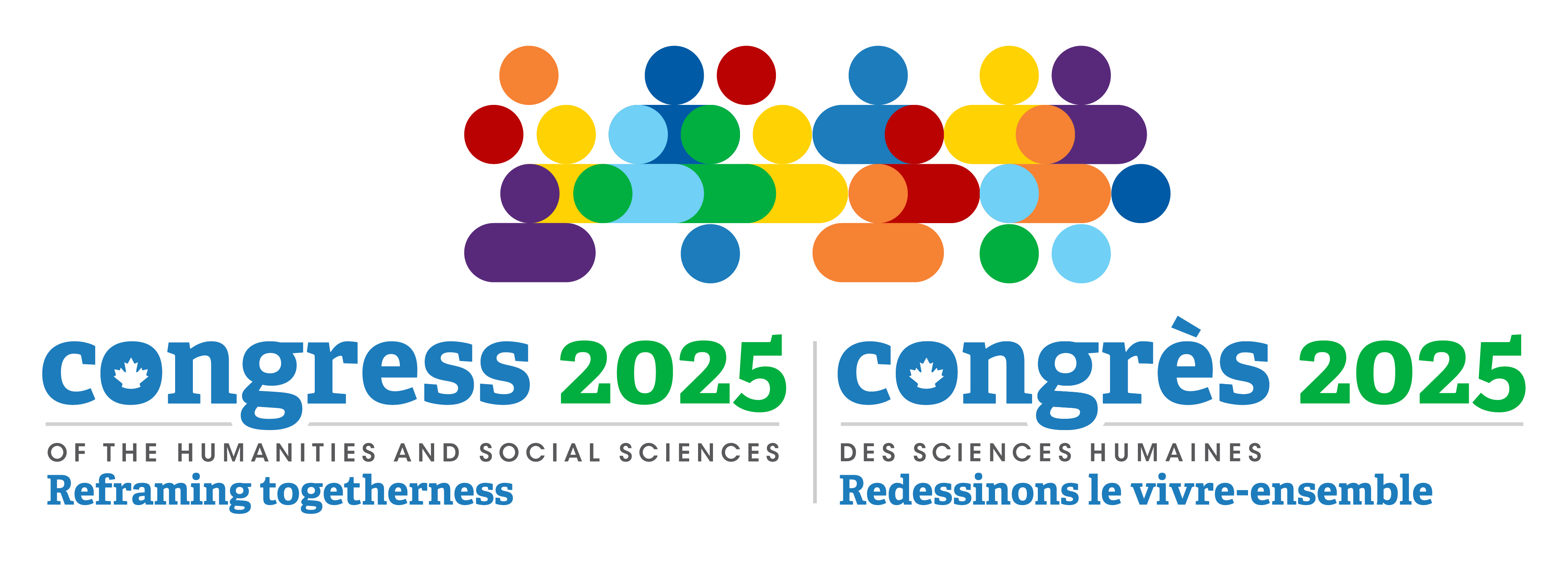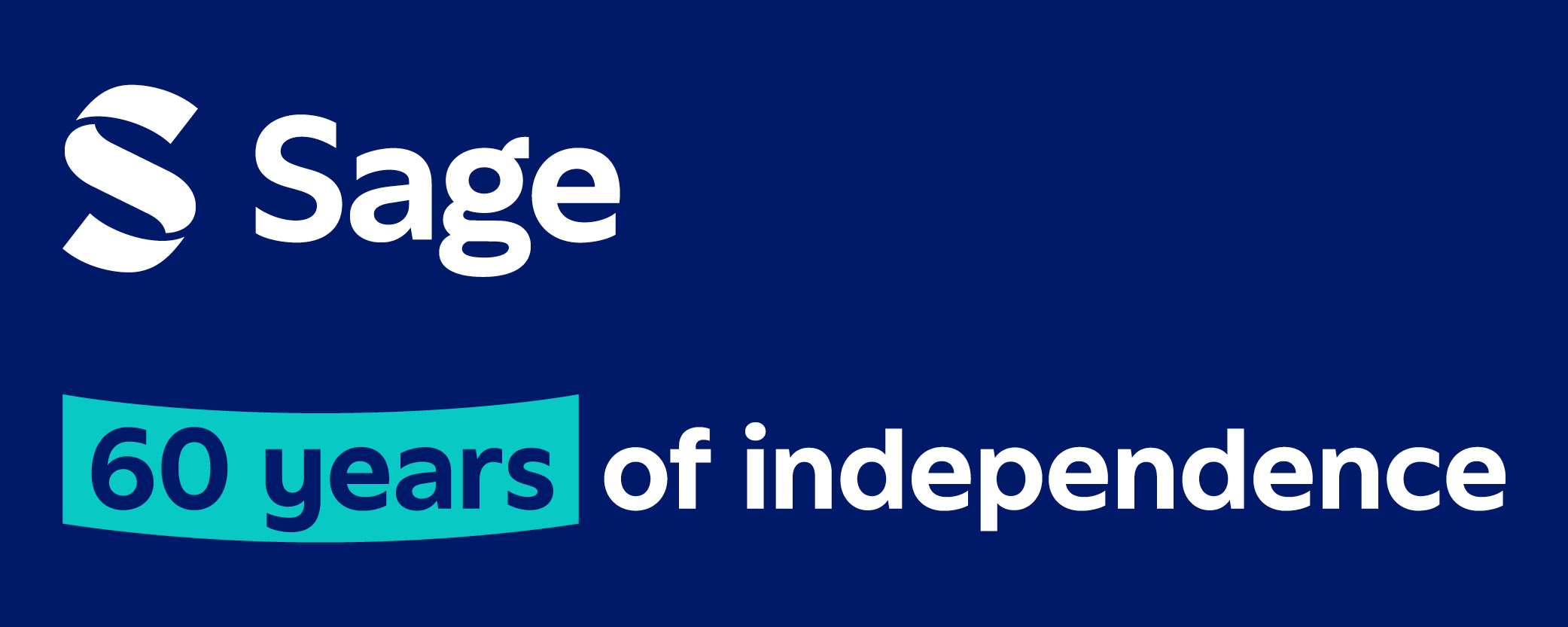
Congress 2025
May 30 - June 6 at George Brown College, Toronto
George Brown College (GBC), in partnership with the Federation for the Humanities and Social Sciences (the Federation), will be the first college to host the prestigious annual Congress of the Humanities and Social Sciences (Congress).
The 94th edition of Congress will take place at GBC’s St. James and Waterfront campuses in downtown Toronto from May 30 to June 6, 2025, marking an innovative new chapter in the history of Congress.
By bringing together nearly 7,000 scholars, apprentices, graduate students, policymakers, and community members from across Canada on GBC’s campuses, Congress 2025 will invite the research community to bridge the gap between colleges and universities, and promises to be a catalyst for transformative discourse and collaboration. This historic convergence will inspire attendees to explore new avenues of interdisciplinary learning, foster meaningful connections, and ignite dialogues that will shape the world of tomorrow.
Land acknowledgement
The Federation for the Humanities and Social Sciences is honoured to visit, and learn about, the Indigenous lands across Canada. We acknowledge the diversity of Indigenous peoples from coast to coast to coast, and we extend our respects to all First Nations, Inuit, and Métis peoples for their valuable contributions, past and present. George Brown College is located on the traditional territory of the Mississaugas of the Credit First Nation and other Indigenous peoples who have lived here over time. We are grateful to share this land as treaty people who learn, work and live in the community with each other.
As the first college to host Congress, George Brown invites researchers, students, educators, policymakers, and the public to reframe what it means to coexist with other humans, the environment, and technology. With an invitation and a challenge, we aim to open a collaborative space that bridges different ways of learning and producing knowledge in order to rethink our roles and responsibilities in these times of climate and humanitarian disasters, ever-evolving technologies, social isolation, dislocation, and increasing polarization.
This milestone Congress challenges all attendees to model togetherness by questioning traditional knowledge hierarchies and by collaborating on fundamental- and applied-research solutions for humanity's historically rooted problems. If communities rally around commonalities, togetherness may offer us a way to build on a foundation of diversity and heterogeneity that helps us reframe our perspectives and generate innovative solutions for enduring issues.
What past, present, or fictional models of togetherness can put these issues into new contexts? How can we further decolonize our worldview and rework our relationships to the environment and technology? Conversely, what are the drawbacks of togetherness? In response to contemporary realities, new pitfalls of interconnection, from mental health impacts to reactionary extremism, emerge continually. Ultimately, how can our collaborative sharing of knowledge and learning enable us to care for a world in trouble in personally, societally, culturally, and politically healthy ways?
Click below to hear from Dr. Margrit Talpalaru, professor & Academic Convenor for Congress 2025 at George Brown College.
George Brown College prepares innovative, adaptable graduates with the skills to thrive in a rapidly changing job market. With three campuses in the downtown Toronto core, the city is our classroom and essential to our delivery of experiential learning, research, and entrepreneurship opportunities. George Brown offers over 200 certificate, diploma and degree programs and 182 continuing education certificates/designations across a wide variety of professions to more than 30,000 full-time students and receives more than 53,900 continuing education registrations annually. We are a leading, publicly accredited college in Canada's economic and cultural hub – Toronto. For over 50 years we have helped students reach their career and personal goals through our industry-informed programming and knowledgeable faculty. Learn more at georgebrown.ca/city.
Acknowledgements
Congress is brought to life by a team of hundreds of individuals, including Federation staff and Board members, Program Chairs and Local Arrangement Coordinators, and partners.
Congress would not be possible without the generous support of our sponsors:
Partner sponsor
Leading sponsors
Presenting Sponsor












